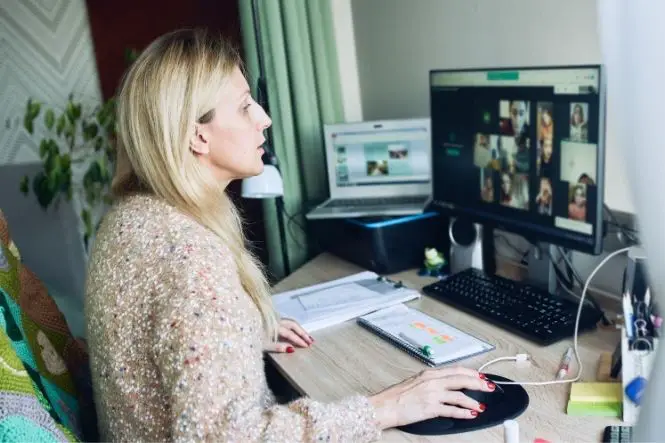“Parenting is the most important job in life yet there seems to be no training for it” – That has to be one of the most quoted comments on the subject of becoming a parent and it’s true. As parents we are all different as are our children and there is no tried and trusted method of both being a great parent and raising great children that is a ‘one size fits all’ approach.
But Why Do We Need Parent Coaching?
Times have changed and continue to change from our own parents’ generation to now and, whilst the basic needs of children might not have overtly changed all that much throughout that period, the societies into which they have been brought up alongside the different kinds of challenges and pressures that both parents and children are faced with these days have been transformed incredibly within the space of just one generation.
Even external influences such as the media and the internet have had an effect as there has never been more professional advice on offer to us to help us become the best parents’ we can be, yet we can all end up being overloaded amidst the glut of conflicting opinions that are out there.
Parents lead very hectic lives and, unlike our own parents’ generation, in many instances it takes both parents to hold down full-time jobs or careers throughout most of their children’s lives in order to maintain a certain standard of living. Additionally, we have never lived in a society where there have been so many marital and relationship breakdowns resulting in family units where there is one single parent and there are those who even actively choose to bring up children as a single parent.
Whatever the circumstances, parenting is not easy and at some time or other, many parents are faced with feelings of guilt, anxiety and can even sometimes feel that they are not good enough. Parent coaching is aimed at alleviating those negative thoughts and to encourage people to be the best parents they can be whilst simultaneously not forgetting that, as adults, being a parent is only a part of what identifies us and so a parent coach needs to ensure that other aspects of a parent’s needs are fulfilled as well as their children’s.
So What Do Parent Coaches Do?
Well firstly, it’s important to point out that parent coaches definitely aren’t there to tell you how you should be raising your children. A good, professional parent coach respects that nobody will know your children like you do and they will simply be looking to help parents who set out their own terms as to how they want to raise their children in order that they become happy and confident human beings. They will also try to help parents to achieve their own goals relating to the upbringing of their children whilst also enabling them to meet their own needs and aspirations as adults which are just as important if you are going to achieve a happy and fulfilled family life.
Parent coaches can help you with issues such as how to set aside time for yourself to pursue your own dreams, hobbies and passions and to listen to parents’ concerns and to help them find their own solutions to obstacles and difficulties that might arise from time to time. They may identify habits or patterns of behaviour that might be prevalent in either the parents’ or children’s behaviour (or both) which is holding the family unit back from progression or help people balance their work and personal life better.
Ultimately, the role of the parent coach is to support the parents in order that they can have an increased confidence in the way in which they are raising their children which can also, as a result, help them improve their self-esteem and their relationships with each other as parents in a loving relationship as well as how they can lead fulfilling lives outside their responsibilities of being a parent, such as making time for friendships and improving relationships with work colleagues, for example.
It must, however, be re-emphasised that parent coaching does not in any way imply any kind of a weakness on a parent’s part to raise their children but is available simply to try to help them manage the responsibilities they have with their children coupled with how they, as adults in their own right, can still lead deeply fulfilling and meaningful lives in their own right.

